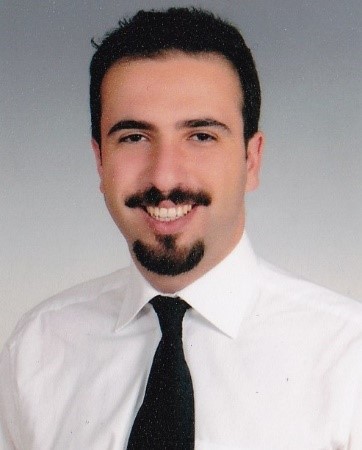YO Training in Turkey

Huseyin Baran Ozdemir, MD, FEBO, FICO
Department of Ophthalmology, Gazi University School of Medicine, Special interest: Vitreoretinal surgery, medical retina, uveitis. e-mail: baranozdemir@gmail.com
After a challenging 6 years of medical education in Turkey, graduate doctors need to take the exam known as ‘Specialization Examination in Medicine’ to choose a specialty. This exam is held every 6 months and more than 15,000 doctors take each exam. Predetermined specialization programs are selected with the score obtained in this exam and the exam ranking. Ophthalmology is a specialty chosen by doctors who are often top-ranked on the exam. Well-known clinics with the highest level of training are usually chosen by doctors who are ranked among the first 250 people in the exam.
Ophthalmology residency lasts for four years in Turkey. The residency is intense. Residents work approximately 70-80 hours per week, mostly work on day shifts from Monday to Friday, and rotate for night shifts and weekends. During the day shift, residents attend service visits, examine patients in the outpatient clinic, consult with the faculty members, assist or perform surgeries. They also attend academic meetings that include lectures, seminars, case reports and article discussions. Residents are encouraged to conduct scientific research and are expected to write case reports and original articles first in Turkish and later in English. During residency, residents are required to conduct a study and write a thesis on a research topic. This topic may be on a pre-clinical or clinical trial, but it must be an original issue.
The minimum theoretical and practical training that a resident should get in these four years has been determined by the Medical Specialization Board Core Training Program, and all clinics that provide resident training are required to adhere to the program. This program requires teaching diseases that an ophthalmologist should diagnose and treat, a clinical approach, and some surgical interventions. Each clinic should teach residents how to perform (and not just assist) cataract surgery including management of complications, primary repair of orbital and globe injuries, oculoplastic surgery such as blepharoplasty, strabismus surgery, and intravitreal injections. Residents usually get their expertise by performing at least 100 cataract surgeries, and this number can be higher depending on the density of the clinics. Some clinics may allow performing keratoplasty, vitreoretinal surgery, and glaucoma surgeries such as trabeculectomy.
Turkish Ophthalmological Association (TOA) organizes many webinars, symposiums, and congresses as well as skill transfer courses and wet-labs for residents every year. Simulation courses for both cataract surgery and vitreoretinal surgery are also given continuously. TOA also organizes a national exam for residents every year, enabling them to measure their knowledge levels and make up for any deficiencies.
At the end of 4 years, residents are also required to pass an oral exam and a practical exam conducted by the clinic where they are trained, with the participation of an external faculty member. In the oral exam, theoretical knowledge and clinical approach to ophthalmological diseases are evaluated. In the practical exam, the resident is expected to complete all stages of cataract surgery correctly and without complications. Residents who pass the exam are entitled to become specialists and are assigned to hospitals in need of ophthalmologists by the Ministry of Health.
